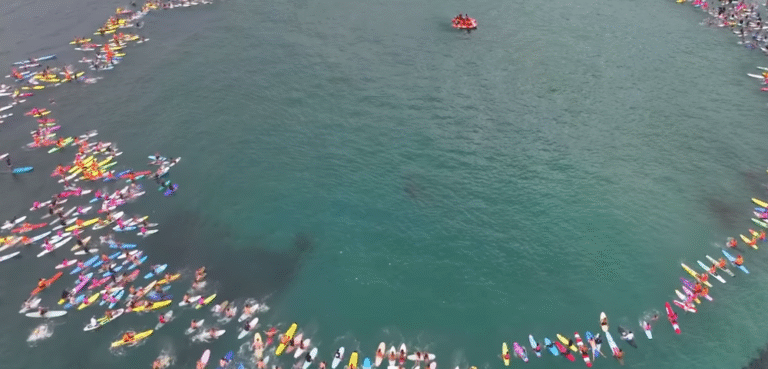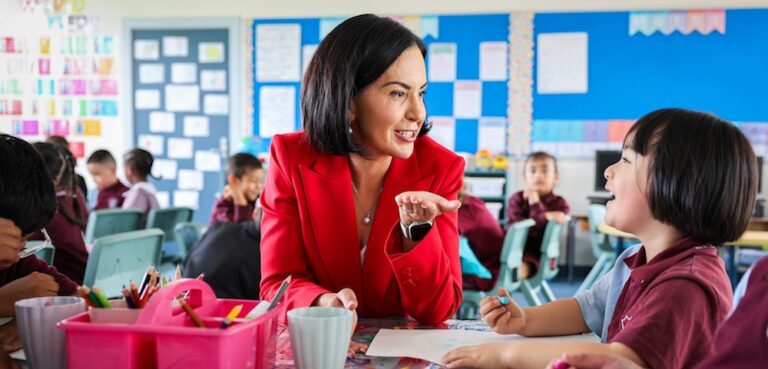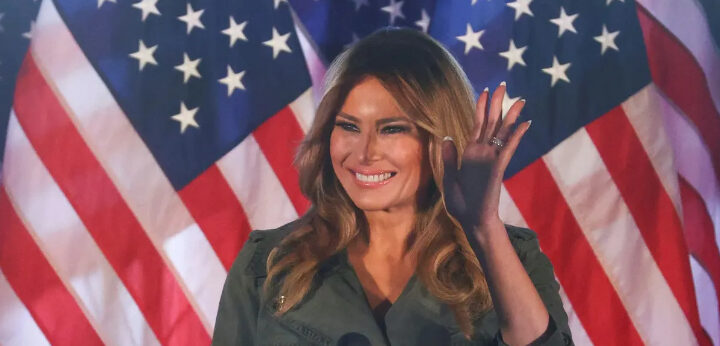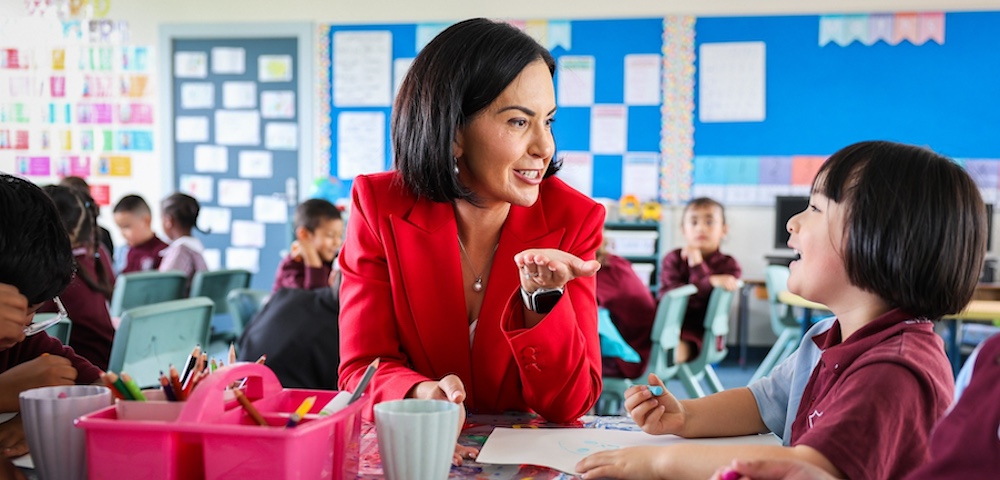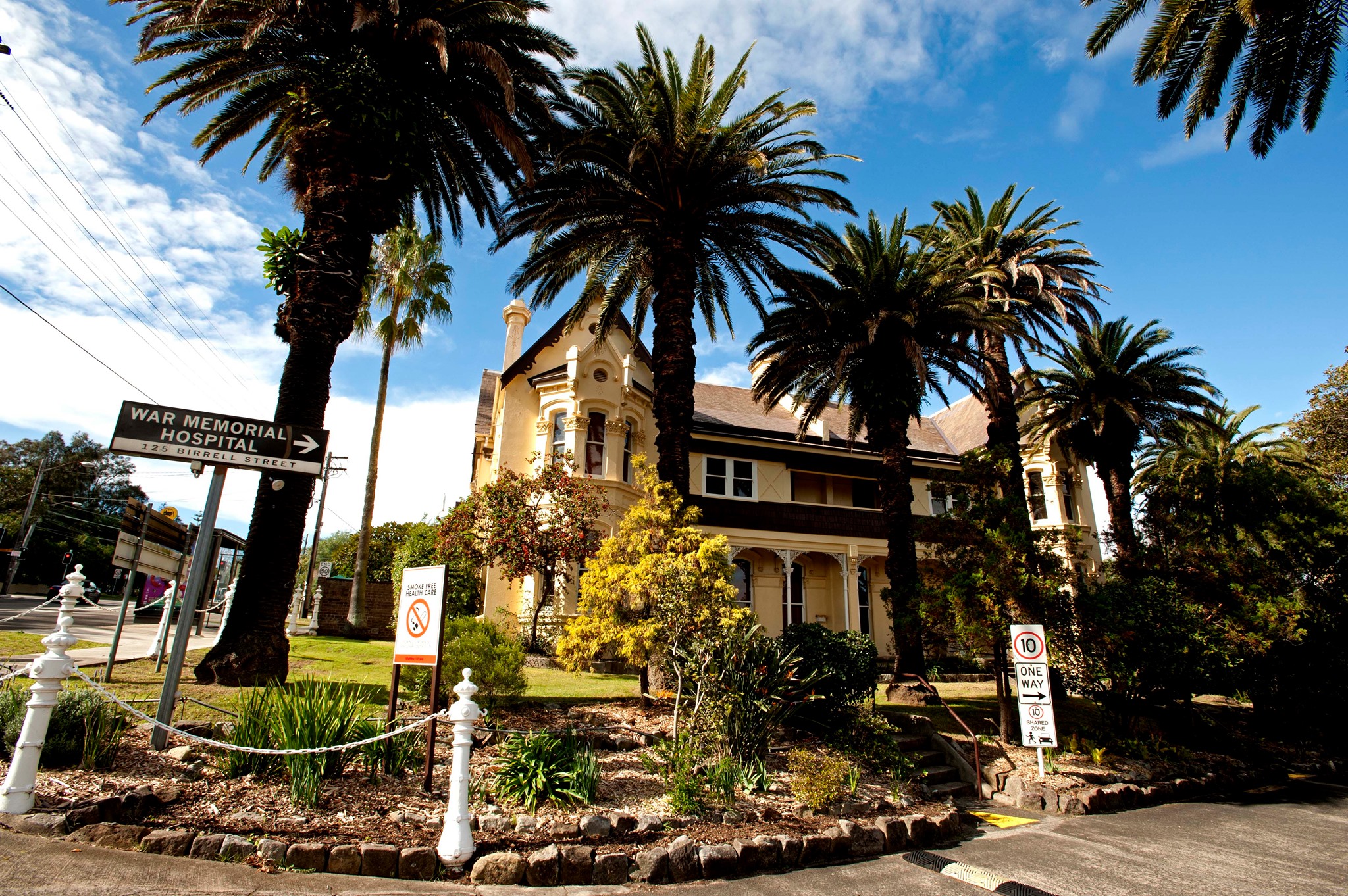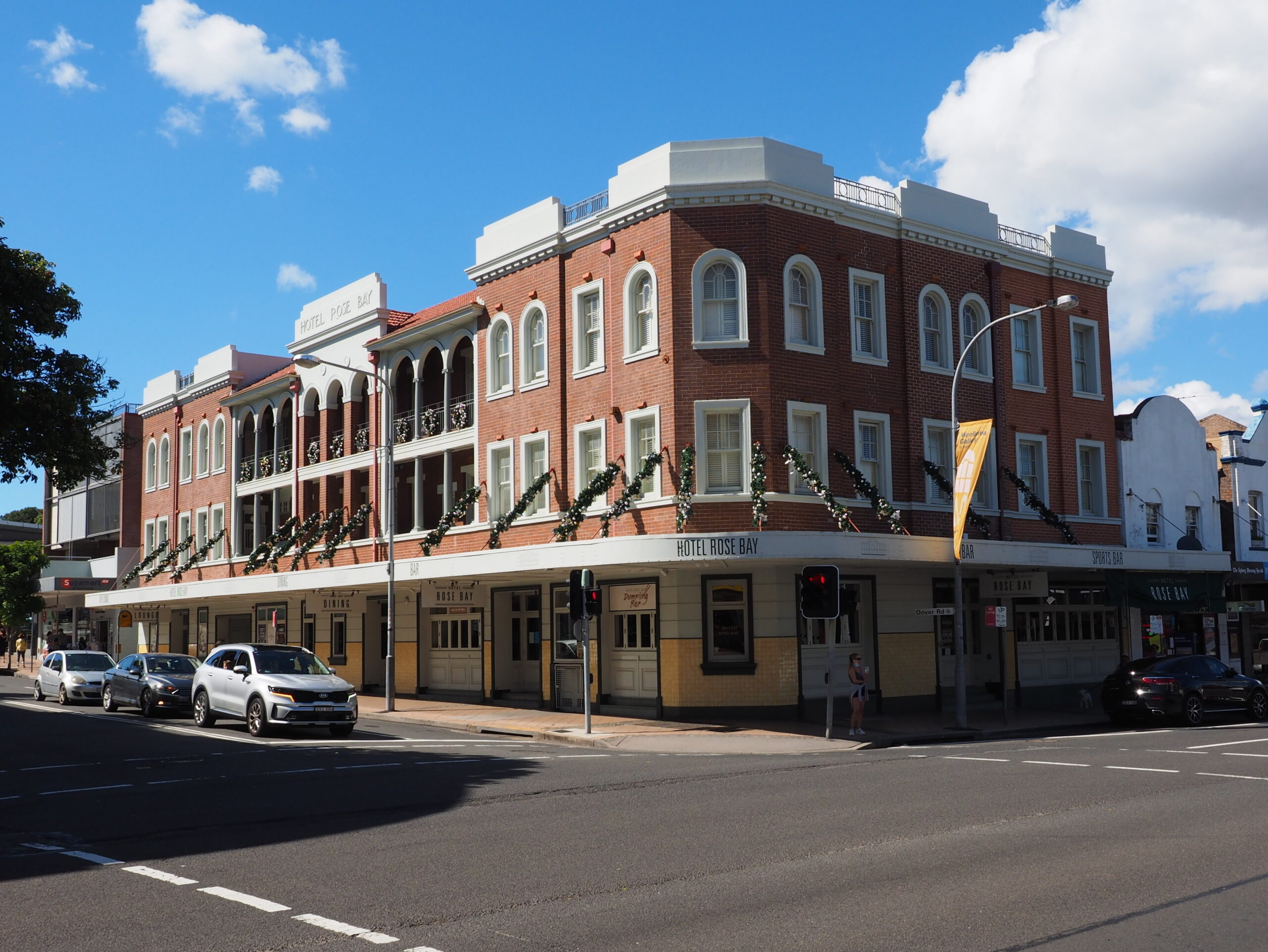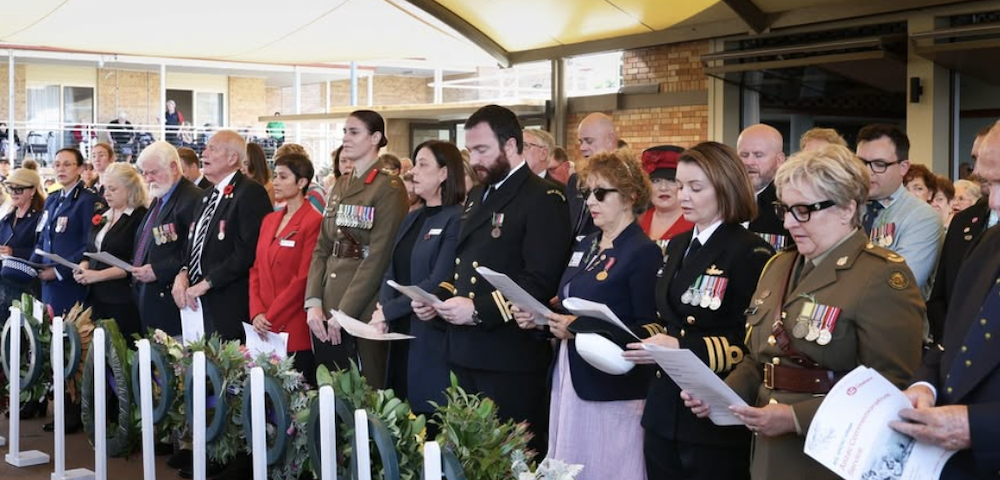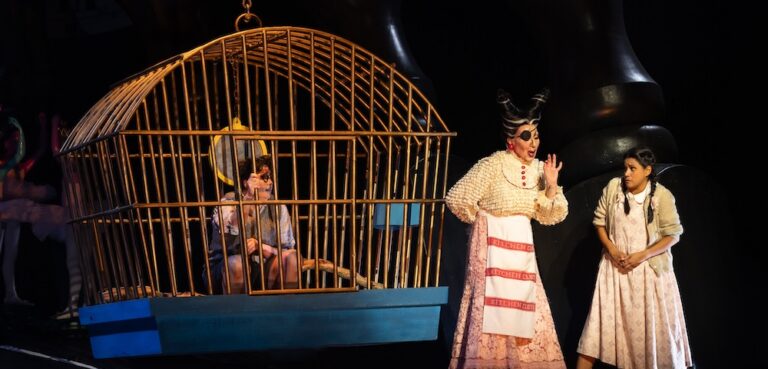
Compulsory Preferential Voting Projected To Damage Liberals, NSW Electoral Law Inquiry Ongoing
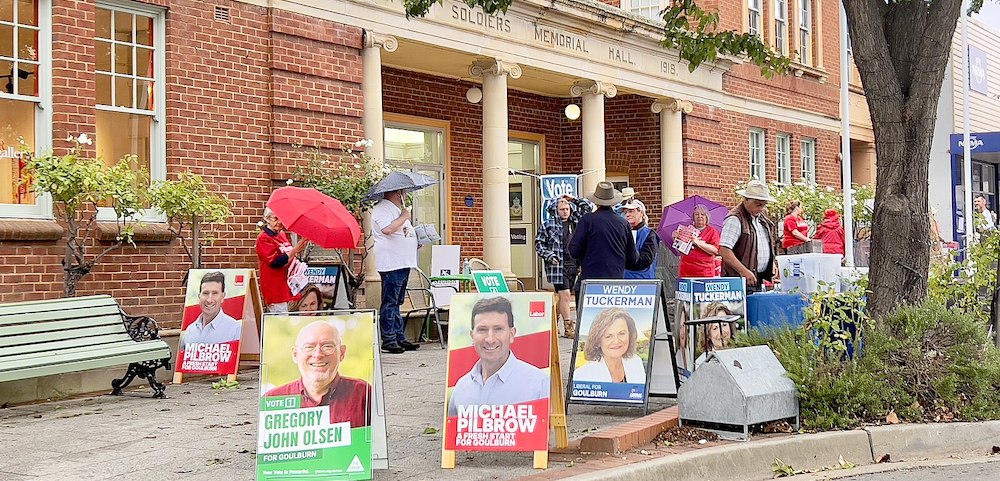
The NSW Labor Party is in support of changing the state’s electoral laws to implement Compulsory Preferential Voting, a move that is projected to benefit Labor and damage the Liberals, including in the blue-ribbon seats of Sydney’s inner suburbs.
Compulsory Preferential Voting (CPV) requires voters to rank every candidate on the ballot from their first preference to their last, requiring them to judge a litany of minor party or independent candidates. It is already used in federal elections as well as in most states and territories, including in Queensland where the new Liberal National government has pledged to reverse it after Labor re-implemented it in 2016.
Requiring voters to rank every candidate typically benefits the Labor Party, as it allows Labor candidates to overcome first preference votes cast for Liberals, which tend to be higher. Modelling by the Herald found that, if New South Wales used CPV in the last state election, the Liberal inner-city seats of Drummoyne and Willoughby would have been won by the Labor and teal candidates respectively.
Compulsory Preferential Voting endorsed in inquiry submission
In a 23 August submission to a parliamentary inquiry investigating proposals to increase voter engagement and confidence, Labor endorsed implementing Compulsory Preferential Voting in state and local elections.
The party argued that the inconsistency of CPV being used in federal elections and Optional Preferential Voting (OPV) being used in New South Wales “creates a risk of voter confusion and increased ballot informality,” which is when ballots are filled out incorrectly.
“This issue is particularly acute when state and federal elections, or local government and federal elections are held in close proximity to one another, as was the case in 2019 and may again be in 2023-2024,” Labor submitted.
“Second, OPV can result in not every vote being fully counted. Votes for candidates who are excluded during a count may exhaust and therefore not contribute to the final two-candidate preferred count. Many voters may have intended to express preferences but may unknowingly fail to have their vote fully considered due to a lack of understanding or confusion of vote counting processes between jurisdictions.”
“Creating circumstances that increase informality or confusion have [sic] the capacity to limit voter confidence and voter engagement.”
Recently elected Pittwater teal MP Jacqui Scruby, who would have won the seat earlier in 2023 under CPV, has endorsed the proposal, arguing that CPV “ensures every voter exercises their full democratic expression” and that its implementation for state elections would reduce confusion.
NSW Government uncommitted to referendum over CPV
Although the NSW Labor Party has endorsed the change, the state Labor government has neither endorsed nor rejected it.
Changing the voting system would require a statewide referendum, which Special Minister of State John Graham said is “not proposed at this time”.
“The committee is receiving a range of views from the public and political parties on how best to increase voter engagement, and NSW Labor’s submission is another welcome contribution to the inquiry,” Graham said.
The Labor submission did not exclusively focus on CPV, which was instead one of many recommendations from the party. Most of these recommendations were relatively minor, though the party also proposed to ban political donations from real estate agents as they already are from property developers. It also proposed to prohibit real estate agents and property developers from holding office in local government.
The Greens and the Shooters, Fishers and Farmers Party also made submissions, as did a range of organisations and government agencies, as well as individuals.
Submissions are now closed, though the inquiry remains ongoing. Members of the public can continue to contact members of the Joint Standing Committee on Electoral Matters, which is conducting the inquiry.
